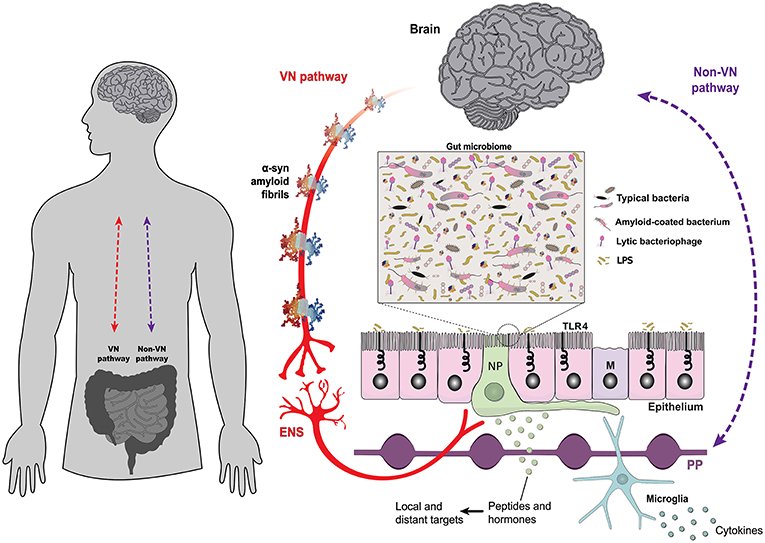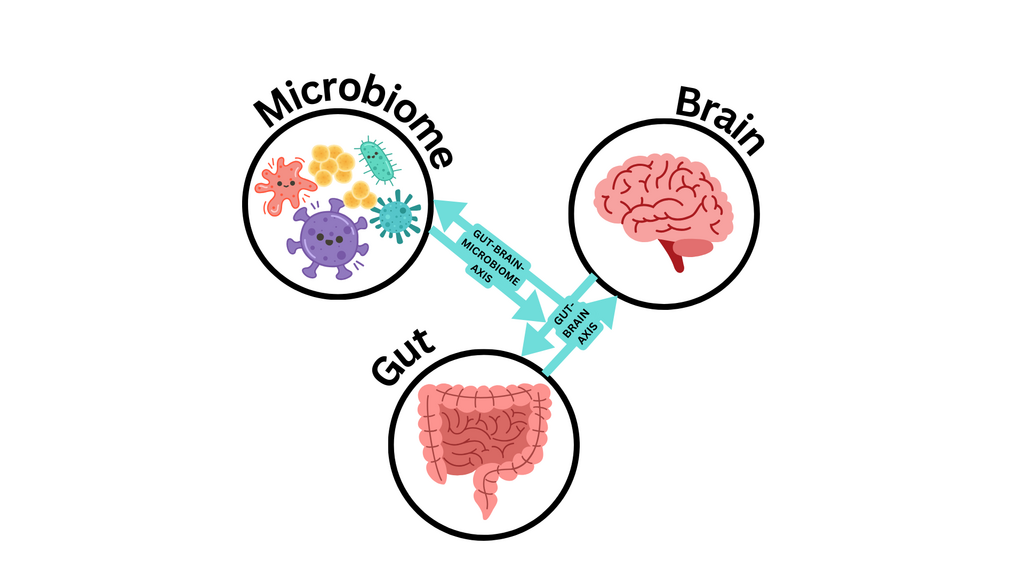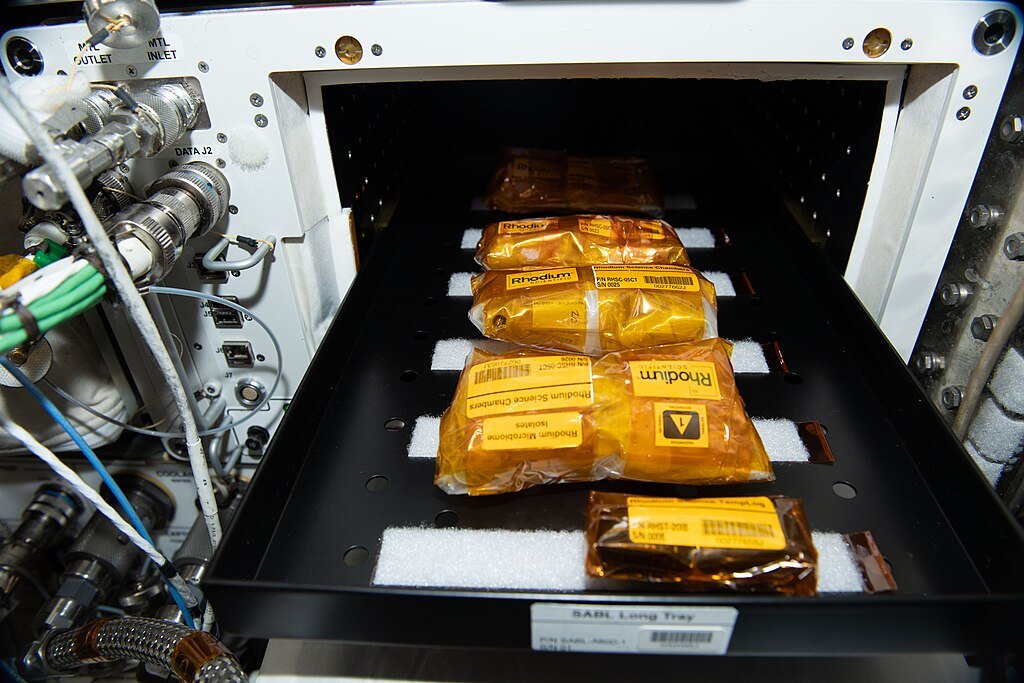The intricate connection between our gut and mental health has become a fascinating field of study in recent years. Once considered disparate systems, our digestive and neurological processes are now known to interact in surprising ways, with gut bacteria playing a crucial role. These tiny microbes can influence mood, behavior, and overall mental health in profound manners. This article delves into the various ways gut bacteria can shape our mental well-being and highlights the importance of maintaining a healthy gut microbiome.
Understanding the Gut-Brain Connection

The gut-brain connection refers to the complex interactions between the gastrointestinal tract and the nervous system. The gut is home to the enteric nervous system, often dubbed the “second brain,” which communicates with the central nervous system via the vagus nerve and biochemical signaling. This bidirectional communication is crucial in regulating emotions and cognitive functions.
The Microbiome: A Closer Look

The human gut is home to trillions of bacteria, viruses, and fungi, collectively known as the microbiome. These microbes are essential for various bodily functions, including digestion, immune regulation, and the synthesis of vitamins and neurotransmitters. An imbalance in the microbiome, known as dysbiosis, can lead to numerous health issues, including mental health disorders.
Microbes and Mood: The Scientific Link

Research has shown that certain strains of gut bacteria can produce neurotransmitters such as serotonin and dopamine, which play critical roles in regulating mood and behavior. Approximately 95% of the body’s serotonin, a key mood stabilizer, is synthesized in the gut. The production and regulation of these chemicals by gut bacteria directly influence mental states and emotional well-being.
Anxiety and Depression: Gut Factors

Studies have indicated that individuals with anxiety and depression often exhibit distinct microbiome compositions. The presence or absence of particular bacterial strains can increase the likelihood of developing these conditions. Probiotics, sometimes referred to as “psychobiotics,” have shown potential in alleviating symptoms of anxiety and depression by restoring a balanced microbial environment in the gut.
Impact on Stress Response

The gut microbiota can affect the body’s stress response by modulating the hypothalamic-pituitary-adrenal (HPA) axis. A balanced microbiome can help manage stress levels and maintain homeostasis, whereas dysbiosis can exacerbate stress-related disorders. This demonstrates the profound influence gut bacteria can have on how we handle stress.
Influence on Cognitive Functions

Emerging research suggests a link between gut health and cognitive performance. Certain beneficial microbes can enhance cognitive functions, including memory and learning. Dysbiosis, on the other hand, has been associated with cognitive decline and disorders such as Alzheimer’s disease.
Role in Sleep Regulation

Gut bacteria are also implicated in regulating sleep patterns. They help produce and metabolize sleep-related neurotransmitters, including melatonin and serotonin. A balanced gut microbiome can promote healthy sleep cycles, which are crucial for maintaining cognitive function and emotional stability.
Digestive Disorders and Mental Health

The gut-brain axis showcases how digestive disorders can influence mental health. Conditions like irritable bowel syndrome (IBS) are often associated with heightened anxiety and depression rates. This relationship underscores the necessity of treating gut-related issues to improve mental health outcomes.
Nurturing a Healthy Microbiome

Maintaining a healthy gut microbiome requires a balanced diet rich in fiber, fermented foods, and polyphenols. These elements support the growth of beneficial bacteria. Additionally, limiting the use of antibiotics and managing stress are crucial steps in preserving microbial diversity and stability.
The Future of Gut-Brain Research

The gut-brain connection offers a promising frontier for mental health research. As our understanding of microbiomes deepens, new therapeutic avenues could emerge, potentially including microbiome-targeted therapies for mental illnesses. Further exploration of this field may redefine how mental health disorders are treated.
Conclusion: Embracing Gut Health for Mental Wellness

The profound impact of the gut microbiome on mental health cannot be understated. Understanding and nurturing this connection can lead to improved mental states, better stress management, and enhanced cognitive functions. As we embrace this knowledge, adopting lifestyles that support a healthy gut environment can serve as a foundational element of mental health care. In turn, fostering a harmonious relationship between our gut and mind could pave the way for a more holistic approach to well-being.




